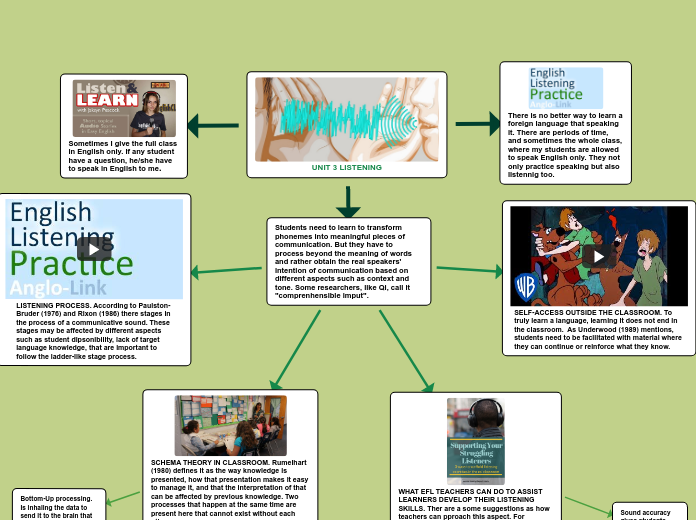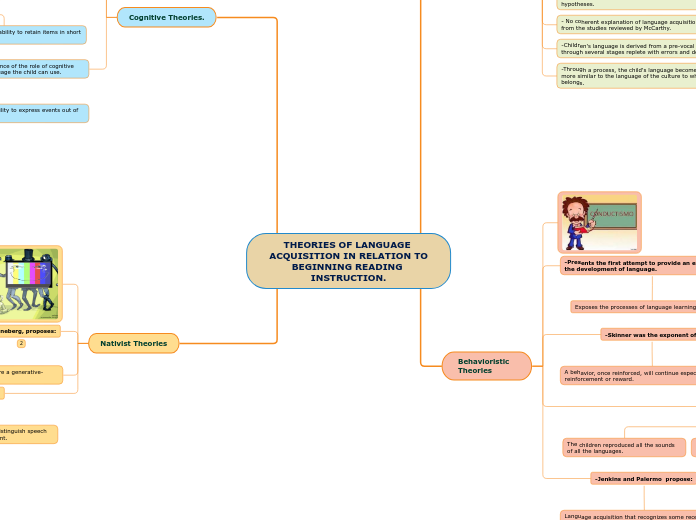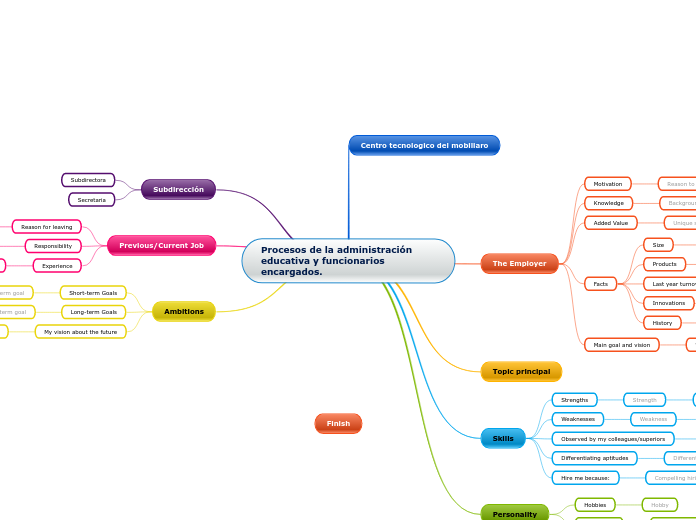par jos man Il y a 4 années
375
TLC_301 Listening
Developing effective communication skills in a foreign language involves more than just understanding the phonetic elements. Students must grasp the speaker's intention by considering context and tone, a process referred to as "









